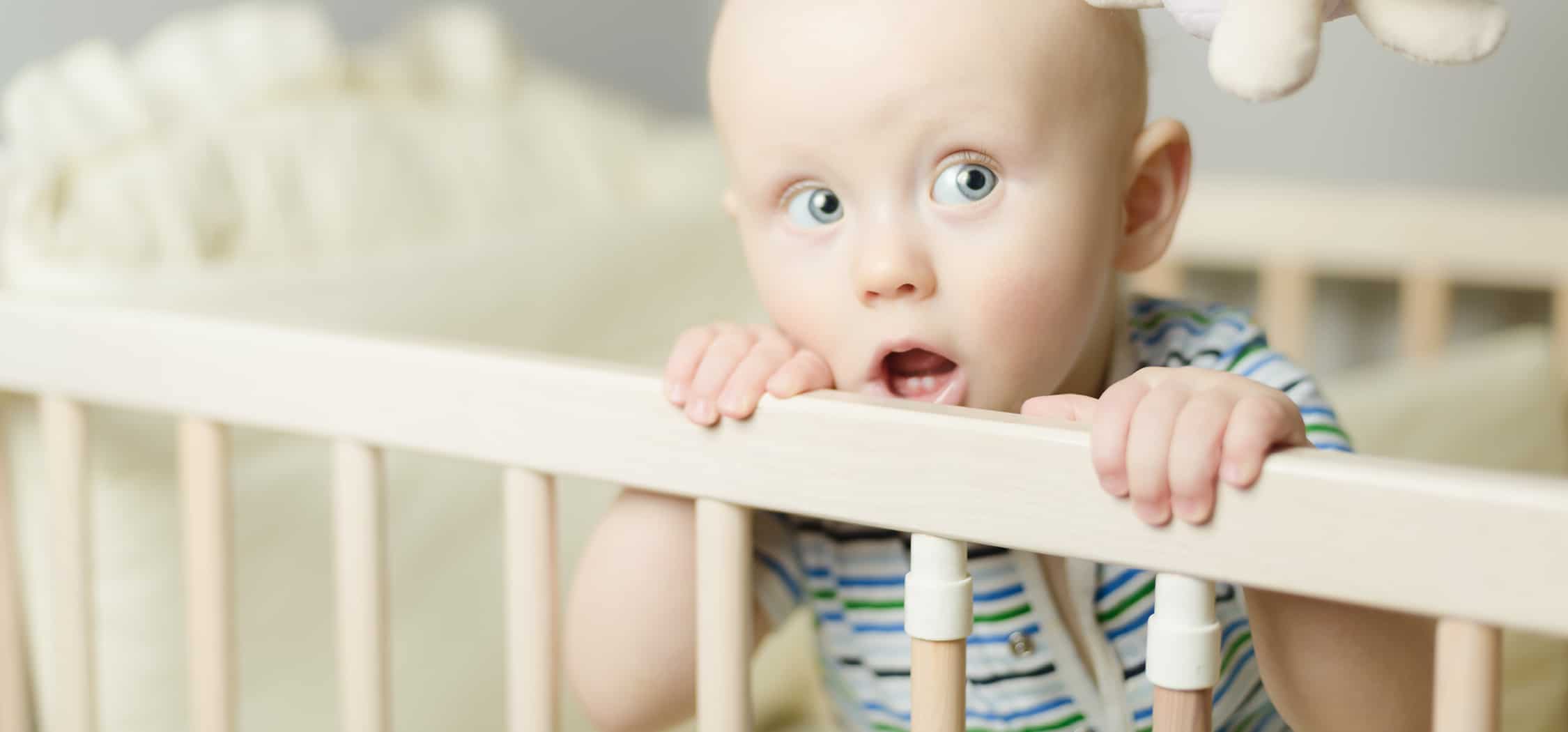Whether children live at your home or you have grandchildren who visit several times a year, it’s always a good idea to childproof the areas of your home that pose the most safety risk.

Over-the-counter and prescription medications, which we often leave in purses or on the kitchen counter, can resemble candy and may be tempting for little ones exploring. This scenario, along with colorful detergents or cleaning supplies within reach, can quickly lead to poisoning. Television and furniture tip-overs are a frequent cause of accidental injury for kids, although these can be easily prevented by properly securing items with brackets and anchor devices.
According to SafeKids.org, “Each year in the United States, more than 2,200 children – or six kids a day – die from an injury in the home.” According to the Center for Disease Control (CDC) and Prevention, millions more suffer from nonfatal home-related injuries treated by first responders and emergency rooms. Many of these household accidents are completely preventable by taking a few extra safety precautions ahead of time.
How safe is your home? Even if you have baby-proofed and toddler-proofed your home, check out this video to spot the risks you may have missed:
We’ve also created several infographics to help you identify and correct some of the most serious safety risks for kids in your home.
- Home Hazards — choking; shocks and burns; drowning; fire and carbon monoxide; and gun safety.
- Poison Prevention — cleaning products; medicines; and garage/lawn care products.
- Furniture Smarts — furniture tip-overs; falls; and sleep safety.
SafeKids.org provides several home safety checklists that you can use as a guide. And don’t forget to provide an “In Case of Emergency” contact sheet for baby sitters and childcare personnel.